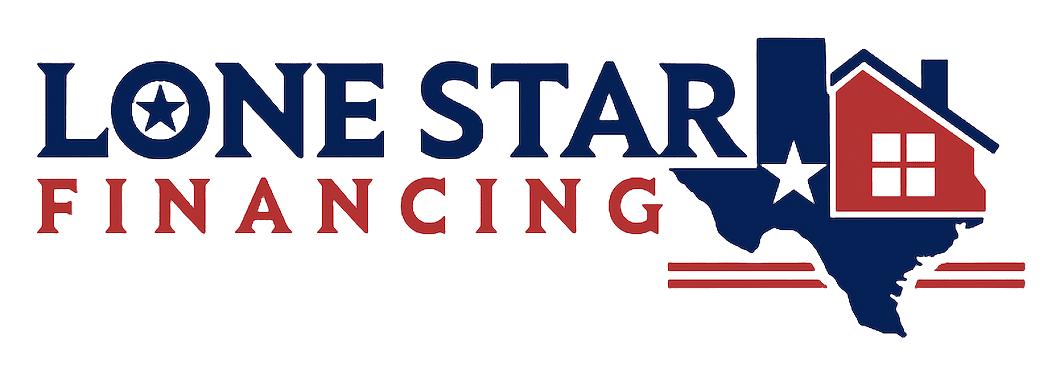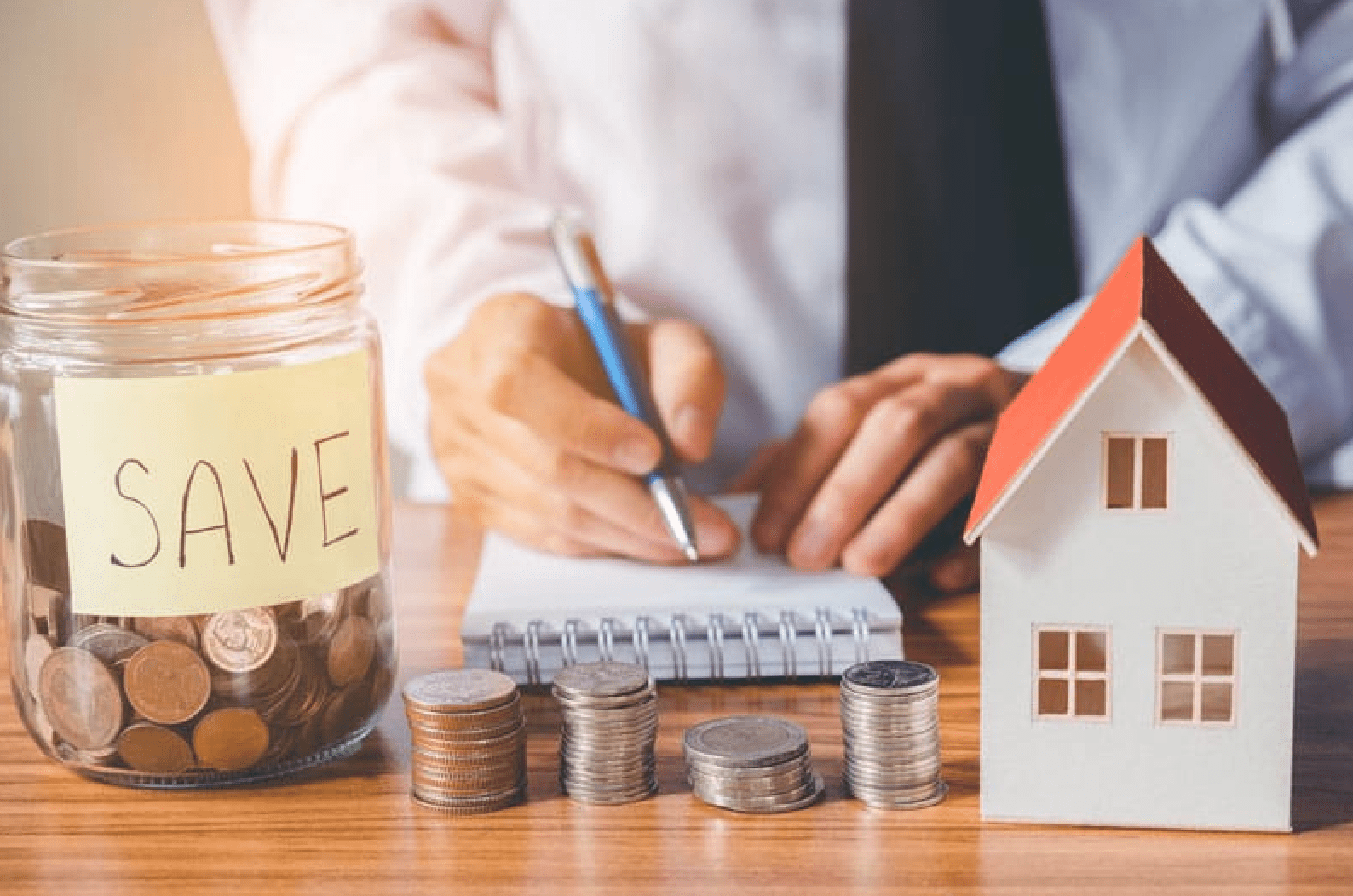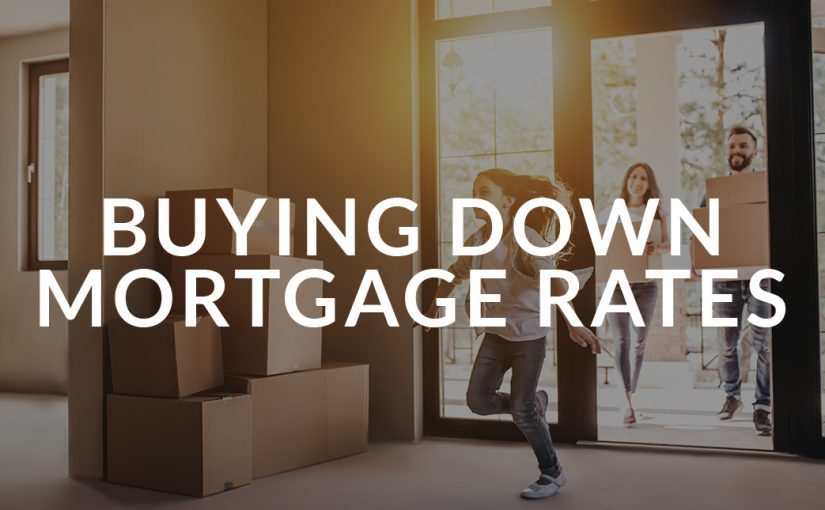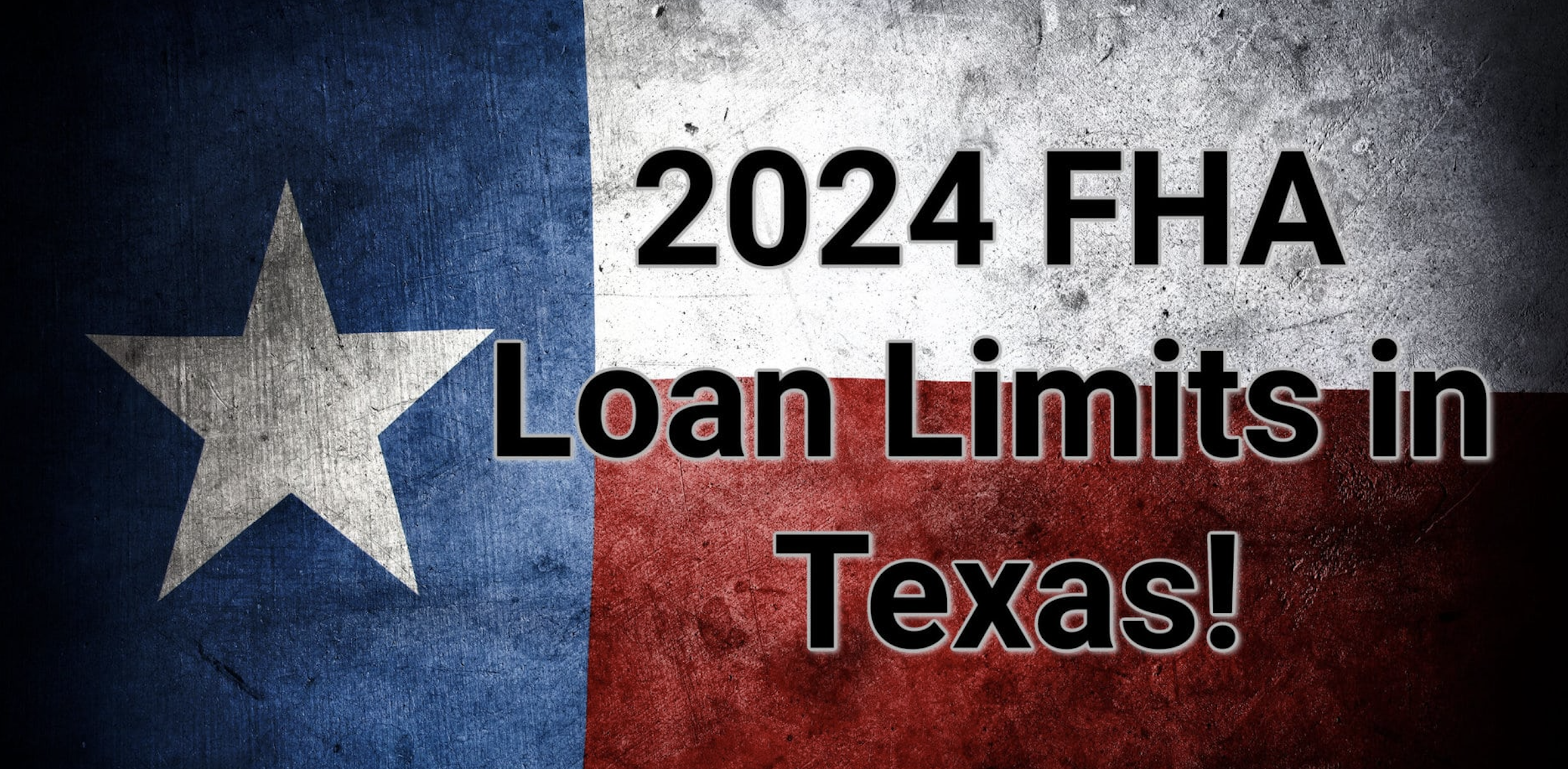Being self-employed comes with several benefits, such as setting your own hours and working in your PJs. There is one potential drawback, however. It can be more difficult for you to obtain a home loan than it is for people on salary. Take heart, though; while the process is more complicated and involves stricter requirements, it is still possible to get a mortgage if you’re self-employed.

Lending Requirements
Let’s start by taking a look at how government-backed lenders Fannie Mae and Freddie Mac approach the process. Fannie Mae’s list of requirements includes analyzing multiple factors. These include your income stability, your business type and location, the demand for your services, and projected future performance. They generally require two years of earning history, though they sometimes make exceptions. Freddie Mac’s requirements are similar. And they may also include an analysis of your experience in the industry, asset verification, and third-party proof that the business exists.
Debt-to-Income Ratio
The most important factor in your qualification is your debt-to-income ratio. This can make it harder to get a mortgage if you’re self-employed. Why? Because you likely take several tax deductions, which reduces your overall taxable income. This makes it seem as if your earnings are much lower than what you actually bring home. In turn, it reduces the loan amount you qualify for. There is a way around this. You can claim fewer deductions in the two years leading up to your home purchase. The result is a higher net income, making your application more attractive to lenders. It’s a good idea to speak to your accountant about the benefits and drawbacks of this approach in your situation. Just remember that your debt-to-income ratio can be no higher than about 40% in order to receive approval.
Long-Term Planning
As you might expect from the income tax planning advice above, it can take some long-term planning to get a mortgage if you’re self-employed. In addition to making your net income as high as possible, you’ll also want to spend some time working on your credit score. According to Zillow, self-employed borrowers are more likely to have a credit score lower than 740. Lenders consider 740 the minimum required for the best interest rates. If you fall in this category, it’s a good idea to spend those same two years improving your credit score as well as reducing your tax deductions.
A lender who understands your unique situation can make this complicated process easier. Lone Star Financing is happy to help you at every stage.



